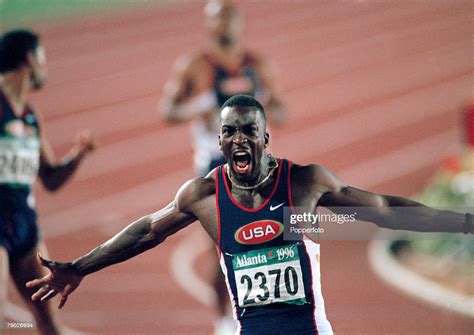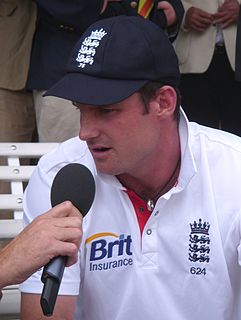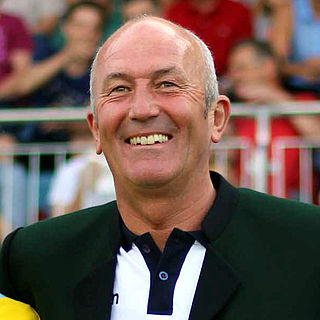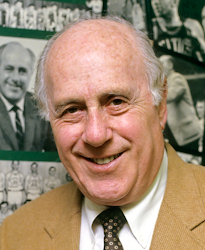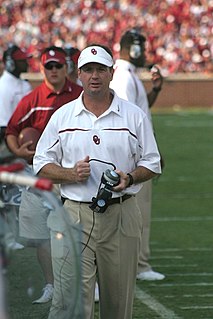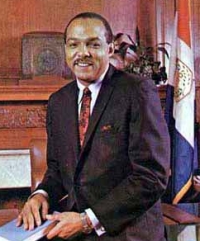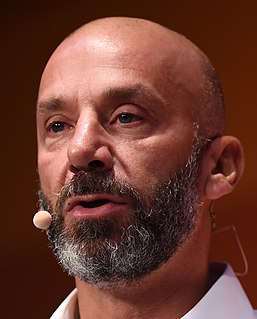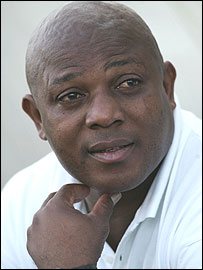A Quote by Kevin Johnson
It's unfortunate that you don't see the loyalty from management to players and players to management like we used to see in the old days.
Quote Topics
Related Quotes
You see, in sports you have so many things that aren't expected. There's so much uncertainty. So when players find themselves in a situation where management has a great deal of integrity and they can depend on my word or anybody else's word in the organization, they feel secure. And if the players feel secure, they don't want to leave here. And if they don't want to leave here, they're going to do everything they can on the court to stay here.
One thing is to know how to do things and another is to make it simple and accessible to others. This is the challenge for the big players when they go into management. To do that, you have to learn and study very hard. I have read football management books, analysed myself and the way other people learn and understand things.
Management did not emanate from nature. Management is not a tree: it's a television set. Somebody invented it. It doesn't mean it's going to work forever. Management is great. Traditional notions of management are great if you want compliance. But if you want engagement, self-direction works better.
